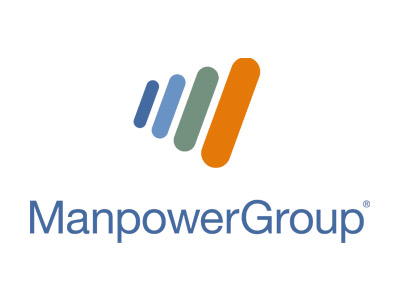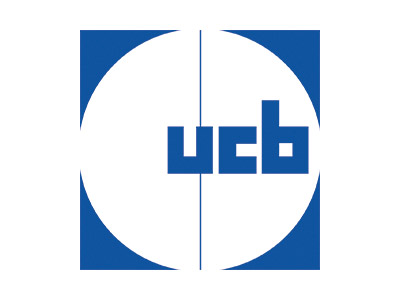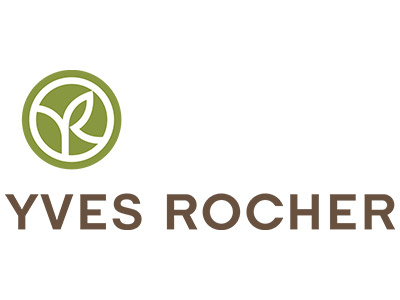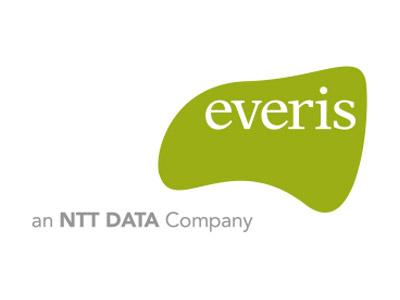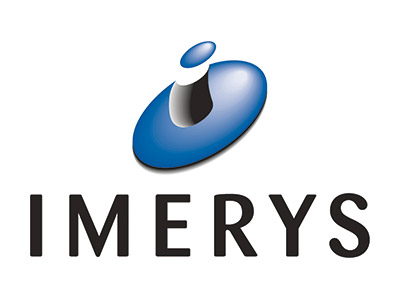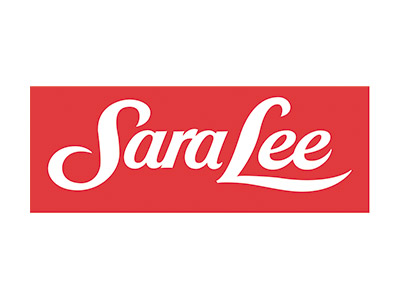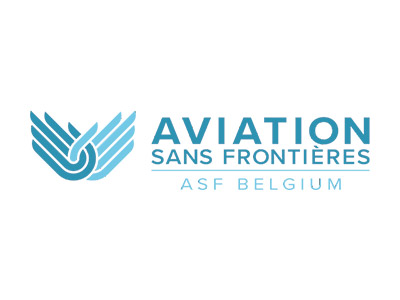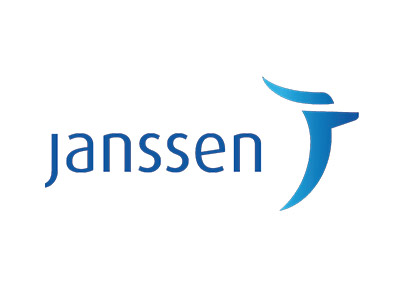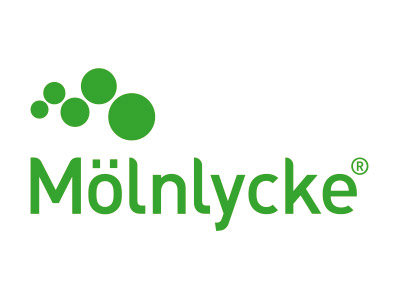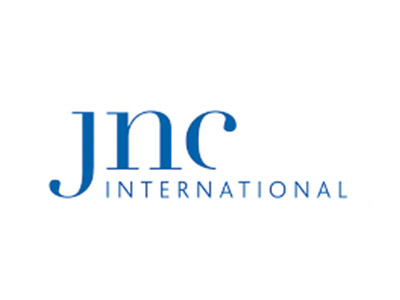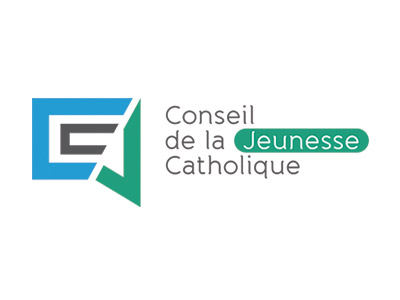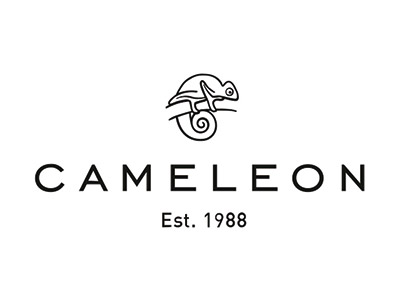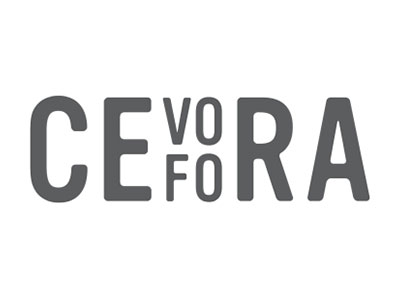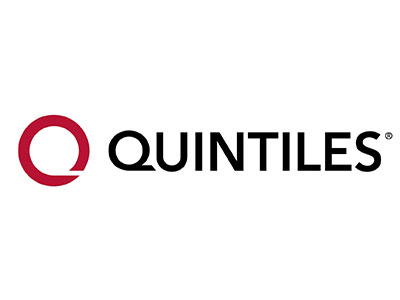
Missions accomplished and testimonials
Team coaching
! NE PAS SUPPRIMER !
Reorganisation and a change in management methods
The coach suggests that the two players elaborate a common vision together and define the roles of each person for the duration of the co-habitation but also beyond that with the team. Following this, by working alongside the entire management team, they will be able to define a common vision, co-construct a new organizational structure for the company and set up priority action plans.
Learning to manage team conflicts
Following this coaching, and upon the request of her team, she will set up a weekly communication process to prevent anything from going unsaid.
Important decision-making and reorganization
R.B. has been working for an NGO for several years: he is passionate about his work and he finds the humanitarian aspect very meaningful. Management envisages creating new managerial positions in order to set up a structure to meet the continuous development. R.B. has the opportunity of applying for a managerial post but he is hesitating. Becoming a director means working less in the field and having a more administrative role. If he does not accept this post, he will find himself with a new director between him and management, but he will also be taking a step backwards. What will the effects be on someone who is used to working so independently?
R.B. does not have a clear view of the situation and feels very demotivated; he is even thinking of resigning. Management does not want R.B. to leave and offers the support of a coach to help him take his decision.
At the same time, management has also asked to be supported in the implementation of the new structure. This request has led to support for the whole team in order to facilitate the integration process of the new organization.
Testimonial
“Because our NGO was in full growth, new posts were going to be created and other ones would inevitably have to be redefined. Several team members feared this evolution, with some of them even expressing real discouragement. It was while we were in this state of perplexity that we decided to call on the services of Power 4 as a “last resort”. We very rapidly changed our opinion because after just a few coaching sessions, our team members felt motivated again and happy to work in a team. Thanks to this support, our NGO had definitely formed stronger bonds and was finally able to reinforce its humanitarian mandate.” (X., CEO).
Launch of a collaboration project
In order to boost activity, two partners want to suggest to a third person, endowed with genuine relational competences, to collaborate with them to develop the marketing side of their company. The partners, as well as their future partner, would like to be supported by a coach to define a win-win collaboration project.
The aim of the support phase was to clarify, analyse and explore the stakes and respective objectives of each person. The second phase consisted of defining a collaboration agreement in order to formulate everyone’s commitments.
Management Committee support
The general management of the Benelux subsidiary of a major French company decided to provide support for its Management Committee to help it “function better”. Two years ago, this subsidiary’s organisation was changed: these changes led to different business lines being grouped together and the “new” Management Committee of the Benelux subsidiary is now composed of 10 members of different nationality (Holland, Grand Duchy of Luxembourg, Belgium, France). This committee meets once a month and everyone is required to work together without really knowing each other.
Thanks to this support, the Management Committee has been able to improve its performance by developing team co-operation and cohesion, in order to:
- overcome the cultural differences associated with nationality and the different business lines;
- adopt a global approach towards the group, grouping together the business lines and the Benelux teams;
- learn to get to know each other better in order to better understand one another and to communicate despite the geographic distance.
Support for the reorganisation of the sales department
This reorganisation was a real challenge given that it would have an impact on business and people management (change of management and taking up new positions).
This support allowed the team to (re)discover itself, accept itself as it was despite the differences (cultural, professional, personality), get rid of the labels and anything unsaid. It also helped to give a new boost to the members’ enthusiasm and to professionalise their interactions (intra and inter departmental) in order to efficiently meet the market requirements.
Reorganisation of a company following a merger
The support programme for change in this major French company was set up following a reorganisation plan.
The objectives pursued were as follows:
- to re-motivate and give a new boost to the teams after the reorganisation plan,
- develop individual and group performance following staff reductions,
- federate the teams around a common project.
The support programme allowed everyone:
- to discover their cultural profile and that of the others (development of cohesion in the “mixed” teams and overcoming cultural differences),
- to share a common language and a way of understanding behaviours generating complicity among the participants (homogenisation of managerial practices),
- to create a synergy of competences (communication, management and leadership).
These team transfers were followed by individual coaching, which led to personalised action plans.
Individual coaching
! NE PAS SUPPRIMER !
Integration of a new post and the risk of burn-out
C.’s hierarchy believed that individual support will allow her to regain her confidence in her professional abilities, as well as her enthusiasm, in order to assume her new position as accounting manager within a subsidiary of an international group.
This promotion puts her in charge of a multitude of different units on the site and she feels that the knowledge transfer has been insufficient. She “feels frustrated” at not understanding everything and believes that she does not have the means, or even the ability, to optimally assume her new role. Her hierarchy does not understand her negative attitude because it considers her to be highly skilled. C.’s morale diminishes after several months to the point where she feels completely discouraged and even close to burn-out.
Testimonial
“After several months of intensive work and never-ending days to keep my head above water, I suddenly had the impression that I probably wasn’t good enough for the job! The “problem” was me: I didn’t have the required skills for this job. Anyway, I convinced myself of this over a few weeks until, at the end of my tether, tired and close to depression, I openly spoke about it to my boss and my HR manager. Strangely enough, they were delighted with my work and were convinced that I was the ideal person for the post. Faced with this crucial difference in perception and determined to “cheer me up”, they offered me individual coaching with the company Power4. Twelve sessions, spread over a period of a year and a half. They allowed me to regain my self-confidence, identify my psychological needs, better manage my priorities, relativise the “severity” of a situation, give a new boost to my team and drive out the negative atmosphere, realise that not being was allowed perfect and above all, that I should learn to appreciate my successes! The discussions with my coach, Sophie Plaquet, based on theoretical models, enlightened me as regards the way I function and taught me to identify the various negative stress “alerts”. Numerous interesting texts recommended by my coach taught me, among other things, to better define my colleagues profiles. It was amazing to see how important it is to adapt your behaviour or method of communication according to the person you are speaking to, and to obtain the long-term benefit together!” (C. L., accounting manager).
Development of managerial identity
C. L. would like to reposition herself through a more clearly defined post, which fully satisfies her and constitutes a real added value for the company. She also hopes to receive and integrate concepts and tools to reach her goal in a sustainable manner.
Testimonial
“Sophie Plaquet is an extraordinary coach who personally helped me to structure myself, better understand how to communicate with top management and evolve in my professional career. Through her patience and rigorous work, she helped me to achieve my objectives that we had set together at the beginning of our sessions. I can heartily recommend her to company managers who would like to confirm or progress in their careers.” (C. L. Vice President)
Important decision-making
R.B. has been working for an NGO for several years: he is passionate about his work and he finds the humanitarian aspect very meaningful. Management envisages creating new managerial positions in order to set up a structure to meet the continuous development. R.B. has the opportunity of applying for a managerial post but he is hesitating. Becoming a director means working less in the field and having a more administrative role. If he does not accept this post, he will find himself with a new director between him and management, but he will also be taking a step backwards. What will the effects be on someone who is used to working so independently?
R.B. does not have a clear view of the situation and feels very demotivated; he is even thinking of resigning. Management does not want R.B. to leave and offers the support of a coach to help him take his decision.
At the same time, management has also asked to be supported in the implementation of the new structure. This request has led to support for the whole team in order to facilitate the integration process of the new organization.
Testimonial
“Because our NGO was in full growth, new posts were going to be created and other ones would inevitably have to be redefined. Several team members feared this evolution, with some of them even expressing real discouragement. It was while we were in this state of perplexity that we decided to call on the services of Power 4 as a “last resort”. We very rapidly changed our opinion because after just a few coaching sessions, our team members felt motivated again and happy to work in a team. Thanks to this support, our NGO had definitely formed stronger bonds and was finally able to reinforce its humanitarian mandate.” (X., CEO).
A communication problem
Coaching allowed B. to develop his communication skills through a better understanding of his own behaviour and way of functioning, and through the integration of a number of theoretical communication concepts. The various coaching sessions allowed him to discover recurring mechanisms, analyse them, understand them and favourably operate a change.
Development in assertiveness
Coaching has allowed E. to take a step back, learn how to listen to her own needs and find ways to change her behaviour, while respecting herself, others and the company’s requirements. The coach taught her to try out different methods of behaviour. E. learnt to make allowances as regards her colleagues’ requests (establishing criteria of importance or urgency) and subsequently, she now manages to respect her own priorities and deadlines, while maintaining an excellent relationship with her colleagues.
Development of managerial skills
Coaching will allow him to acquire communication and leadership skills. Learning to establish better contact with himself and others will help him to integrate his new managerial role.
Development of professional identity
The support R. received allowed him to be able to identify the obstacles (internal or external) that were preventing him from implementing his ideas and based on this clarification, to be able to form an operational interpretation enabling him to progress in his professional projects.
Stress management
Better self-awareness and awareness of his stakes and needs thanks to a Process Communication personality report was a fundamental step because this enabled him to anticipate and channel his reactions under stress. Subsequently, knowledge of the different types of personality allowed him to better understand the others and to adjust his communication according to his interlocutors, thus leading to a better management of his relations.
Development of personal and professional identity
A Process Communication personality report as well as a diagnosis of her leadership style (Hersey & Blanchard) allowed her to understand the way she functions, to regain her self-confidence, to learn to say no, to gain respect and respect herself. She was made aware of her values, strong points and success strategies. She also learnt not to focus on her weak points but to transform them into a means of support in order to progress and evolve.

